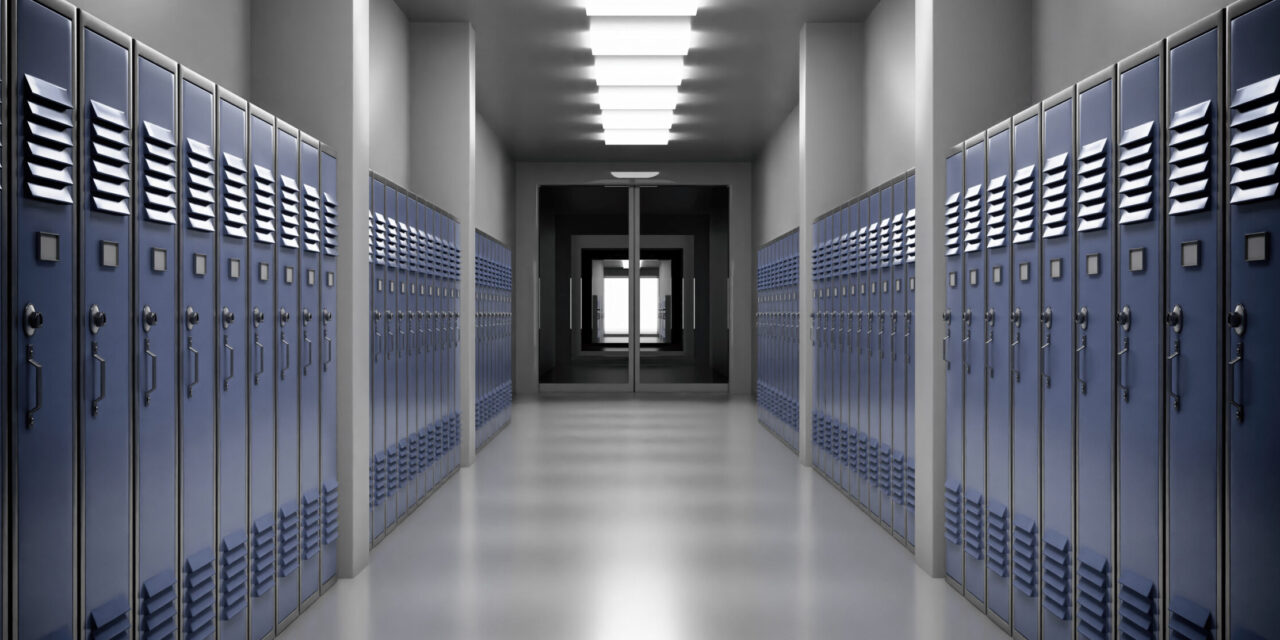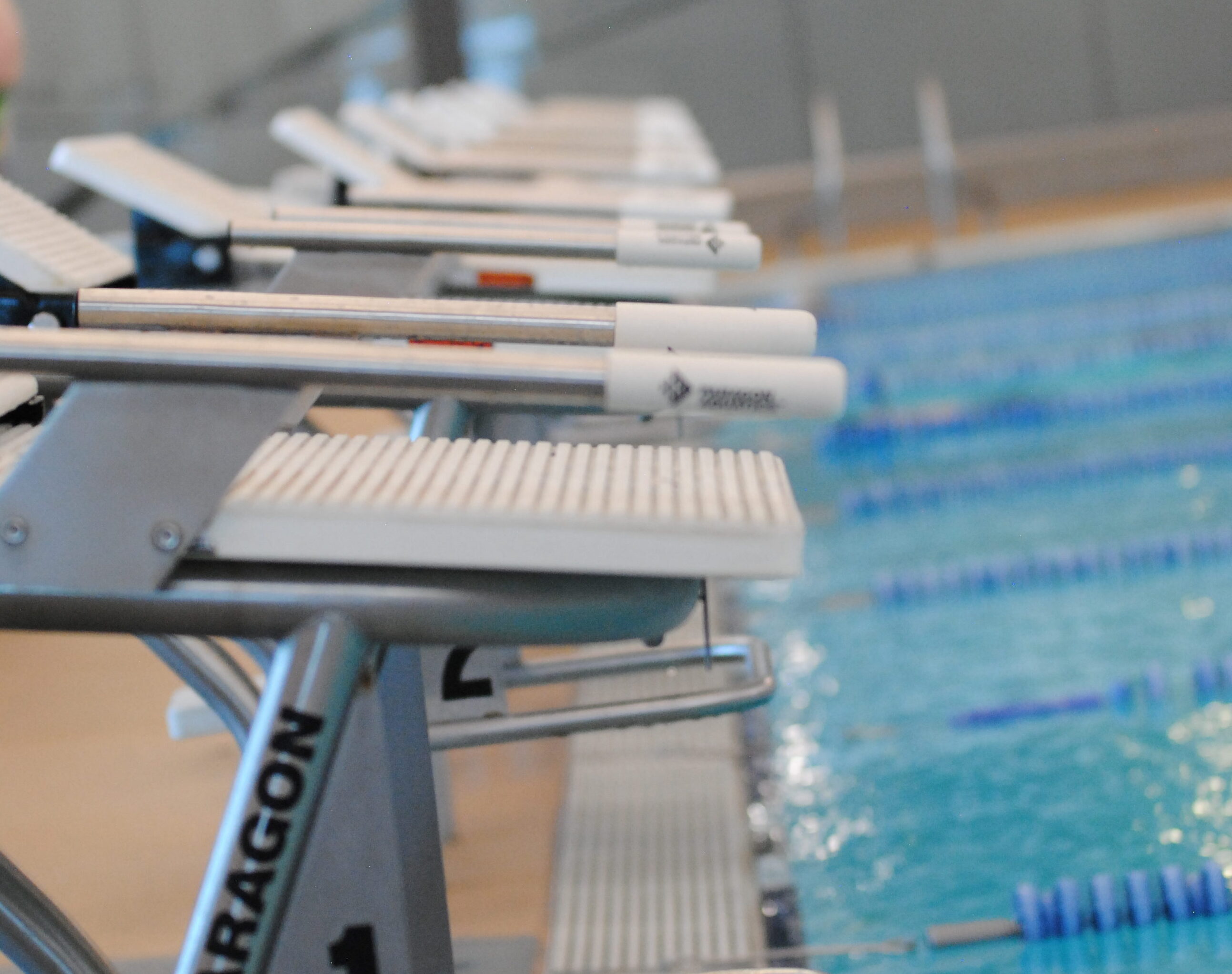Everyone knows about 2020. The infamous year. The one with an excess of memes and political unrest while medical terms became more commonplace than basic hygiene items. Love it or hate it, introvert or extrovert, casual or careful, there’s no denying that the world’s health was affected.
As it becomes more difficult to get things from lumber to sriracha sauce, a bike to breakfast cereal, everyone can relate to the lasting effects of COVID-19 in multiple ways. For education, it’s obvious that people have failed classes and had mental illnesses before, but in reference to the pandemic, it is widely acknowledged that the amount of people dealing with these things rose and is still a problem, even now after returning to in-person school.
The University of Virginia made a report in the fall of last year for the amount of kindergarten through second grade students who didn’t achieve benchmark literacy from 2019 to 2021. Not only had it risen from 2019 to 2020, but it had continued to rise considerably from 2020 to 2021. Though these statistics are for much younger kids, the story is that students continue to be impacted by COVID-19. If not in health and illness, then emotionally and academically.Mr. Peck, an English teacher here at Orem High, termed a current phenomenon that has been bleeding over through the recent school years. He called it “collective trauma.” Something had happened to the entire world and had elicited a reaction from everyone in it. Unfortunately, a lot of the effects are negative.
For Mr. Sackett, a drama and math teacher at Orem High, last year was easily the most difficult year of teaching even though there were no masks, the school day was similar to how it was before, and everything was “returning to normal.” However, he cites this very reason for its difficulty, saying, “We were like past COVID, but not past COVID and so everybody was not okay, but everybody was expecting everybody else to be okay even though they weren’t okay.”
This “collective trauma” impacted teachers in a unique way because they are the ones who are partially responsible for up to several hundred students per year on a personal level. Mr. Peck explains, “There was a greater percentage of [students] that needed me to continually remediate… And so where I was used to giving a lot of help to just a small amount of students, it was a lot of help to a lot of students.”
In addition to the increased amount of people struggling, inconsistency has been an exhausting concern for education. Even the longer schedule change, despite its intention to be a comfort, was a stress last year. During the pandemic, there were so many unknowns of all sorts. Things like social lives, physical health, emotional health, political stability, and education were tenuous and fraying with uncertainty.
Mr. Peck said more on the whole experience of teaching in these early pandemic years, “I think when there’s not that consistency, students tend to struggle a little bit more… I think the burnout I was feeling and the burnout a lot, if not most, teachers were feeling was this inconsistency of having to completely redo how we were teaching year to year and even sometimes month to month.” He says specifically about last year that the repeated schedule change, especially to one that many people were opposed to, was a continuation of the difficult effects of the fallout of COVID.
An easy word to describe the trials from these last few years is “exhausting.” Hannah Mosbacker, a senior at Orem High said, speaking of being a student during the pandemic, “You had to take things at your own pace because of the situation. It was necessary to do things in a way that you could do and you had to work a lot more personally with your teachers, which took a lot out of teachers and students. We were all very exhausted by it.”
This definitely impacted how much people did school work. Mosbacker also said, “COVID was like, dude, everyone is tired and confused and scared, do whatever you want.”
Mr. Sackett agreed that many people felt this way and therefore worked less, but not everyone. “Last year I felt like it was very polarized,” he said. “So I feel like it was either you had the students who worked so hard that they exhausted themselves, and got severely burnt out very quickly or you had the students that just didn’t care.”
So, this has been a reflection of these last few school years but, what about this one and ones in the future?
Mosbacker points out that the people who are seniors right now were in ninth grade, often still at the junior high, when COVID became a pandemic. This means that only now are current students starting to understand what it means to deal with these work loads and deadlines. Because of this, she believes that there should be more leniency given with the things that make school difficult, such as grades and attendance.
Conversely, Lindsey Brown, a senior at Orem High, said, “Too many people are trying to excuse their low effort by saying it’s the new normal to take it easy. While I think it’s okay to take it easy in some classes, especially people in my AP classes have lowered their effort since the pandemic. If you are choosing to take the rigorous classes, you should expect the rigor that comes with it.”
Mr. Peck thinks that the focus of high school isn’t about the grades themselves but rather about the skills that are built in earning them. To be able to “sit and learn and do difficult things” are things, it’s important to understand, people are “not magically going to get after high school.” It is in his and Mr. Sackett’s care for students that they push them not to abandon their effort at school.
During and since the pandemic, many people have discussed the ideas of “normal” and even a “new normal” which are a return to some sort of consistency and stability. What those look like exactly can vary depending on who is asked.
Mr. Sackett said, “I just think it’s important for people to realize that we’re not going back to life before the pandemic. We can’t. The pandemic has forever changed the way we approach life.” However, this doesn’t mean that everything that used to be a priority isn’t anymore. He also said, “Last year I felt like we all needed grace. This year I don’t feel that way. We’ve had enough time now to work with COVID, and to figure out how we’re gonna manage it personally and all of that kind of stuff. This year [to my students] I’m like: ‘No, just do it, you can do it. Let’s figure out a way to make it work, but we gotta make it work.’”
Claire McNairy
Latest posts by Claire McNairy (see all)
- Anon Sonomura - February 27, 2023
- Maya Inouye - February 21, 2023
- Our Newest Normal: Lingering Effects of the Pandemic - January 12, 2023





